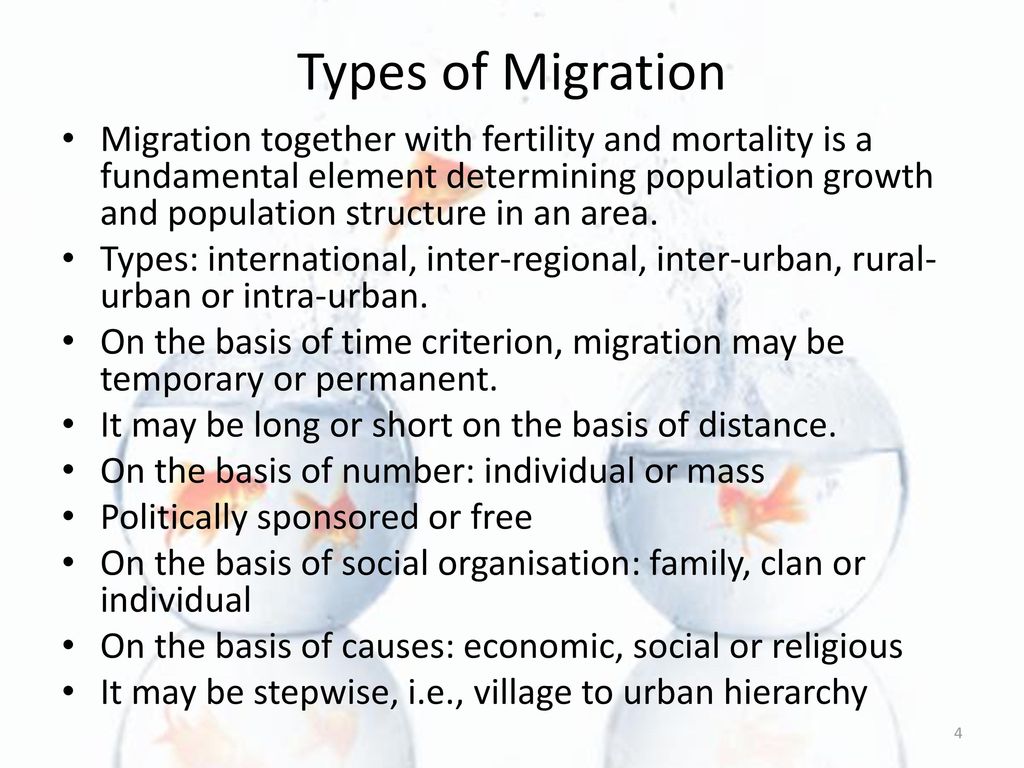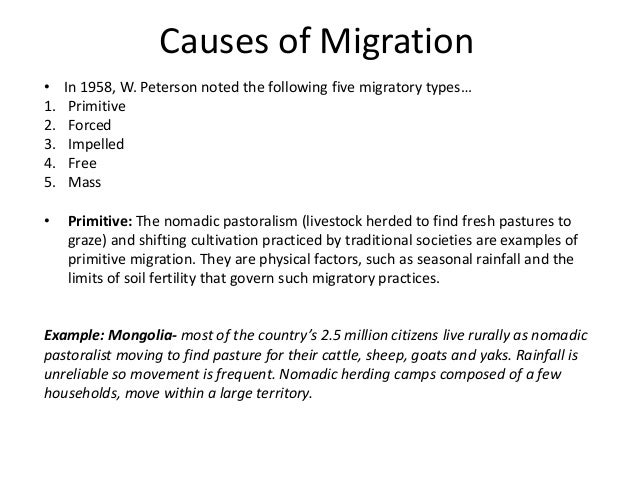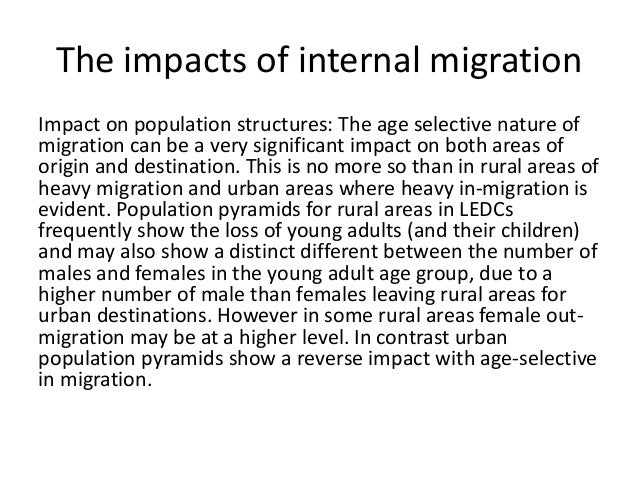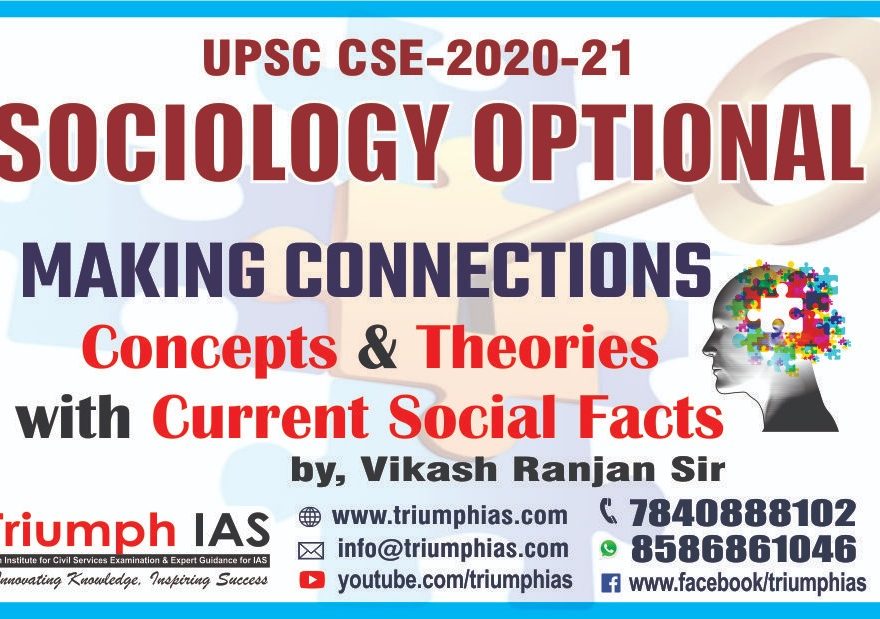Life of migrant workers during the coronavirus pandemic
Relevance: Sociology: Population Dynamics: (a) Population size, growth, composition and distribution. (b) Components of population growth: birth, death, migration. & G.S paper I: Society and social issues
INTRODUCTION
A regime of social policy must be installed to meet the basic needs of all citizens at all times – not only during pandemics
The current pandemic has forced us to think about the plight of workers in our country. While the virus has demonstrated the enormous value of health workers, it has also enhanced public awareness of the pivotal role of migrant workers in our economy. We have been compelled to realise that between 100 million to 125 million people leave their villages, families and homes to find work far away wherever they can find it; their invisible hands harvest the crops and feed us, clean streets, run factories, build roads, and construct our houses.

Condition in ‘normal’ times
The current plight of migrant workers during the lockdown should become an occasion to reflect on their abysmal condition in “normal” times. Many “contractual labourers” rarely see a written contract. A minimum, regular wage per month is legally required but seldom paid. Many do not receive wages for months, and at the end of the season when they are finally paid it is often less than what was agreed. There is a lack of transparency in accounting — excessive, arbitrary and unexpected deductions from final payments are common.
Lack of regular wages means that workers either borrow from employers or from local moneylenders. This renders them even more financially vulnerable because of indebtedness. Quite often they work long hours, between 10 and 13 hours a day, live in tents or makeshift shanties without access to potable water, toilets, and electricity. I doubt if they are ever fully protected from the elements. Many of them do not have a kitchen and are forced to eat from local street vendors who live in similar conditions.

Under such dire working and living circumstances, is it a surprise that under an unexpected lockdown they all wish to return to their original homes?
The Prime Minister recently spoke of the need for empathy and compassion during pandemics. These are admirable moral virtues, always necessary, not just in emergencies. But ultimately, individual virtues are insufficient to deal with social malaise. For it is not feelings of individuals but enduring collective sentiment crystallised around a stable course of action by public agencies that really matter. Effective public policies are indispensable. Gurudwaras and non-governmental organisations may complement its efforts to feed the hungry, but it remains the prime duty of the state to do so.
Work, home and dignity
In short, a regime of social policy, pivotal for a minimal welfare state must be installed to address the basic needs of all Indian citizens, not only during pandemics but for all times, to meet any contingency. Socioeconomic rights, including the right to work, have long been part of our Directive Principles of State Policy.
By enacting the Mahatma Gandhi National Rural Employment Guarantee Act law in 2005, the Indian Parliament had set in motion a process that makes a specific and significant welfare provision constitutive of the very idea of citizenship.
To be a citizen of a polity is to be entitled to an opportunity to work. Now, manual work in extremely hot conditions on parched terrain is an energy-draining, back-breaking chore, not quite a source of self-realisation central to the emancipatory vision of Gandhi, Hegel or Marx.
And yet, even such paid manual labour is a far cry from receiving charity. Under democratic norms of equality, living on charity is demeaning and lowers self-esteem.
There is a sense in which any voluntary work, no matter how arduous, quietly uplifts and enhances dignity and basic self-respect — a point gracefully underscored by a group of painters (migrant labour) in Palsana, Sikar in Rajasthan, when they chose to give a fresh coat of paint to an entire school building in return for the shelter provided to them during lockdown.

Work is one among many sources of satisfaction and self-respect. Our Directive Principles focus on others — proper housing, for instance. It is time the state took these seriously. While no state can build a home — which needs personal care and must be our own handiwork — the right to housing can certainly be guaranteed for it is implicit in the article enjoining the state to provide a decent standard of living.
Multiple deprivations
However, such social policies will not be forthcoming unless we, who make these policies, stopped viewing the poor as sub-human. This is a controversial statement and requires some explanation.
The best of us carry the image of the poor as labouring creatures with basic material needs who beget children. They suffer when deprived of these material needs.
Our humanity lies in empathetically acknowledging this suffering. This, however, is not an image that we have of ourselves. We have more complex social, cultural, political and even spiritual needs. We need quality time with our children, and leisure for ourselves; companionship and friendship, a flourishing social life; music, literature, art, poetry; time to fulfil our obligations in the public domain.
And of course, we need our privacy, hours of solitude, space for self-reflection. Our suffering too is different: we have anxieties and phobias, inner turmoil, loss of a sense of self.
Assuming these profound differences between them and us, it does not cross our minds that the poor have multiple deprivations — not only material but social, cultural, familial, spiritual.
When did a policymaker ever worry about the quality of family or spiritual life among the poor?
Or whether they have time for their children or for leisure?
Or how impoverished they might be because of their inability to adequately self-reflect.
For more such notes, Articles, News & Views Join our Telegram Channel.
Click the link below to see the details about the UPSC –Civils courses offered by Triumph IAS. https://triumphias.com/pages-all-courses.php

